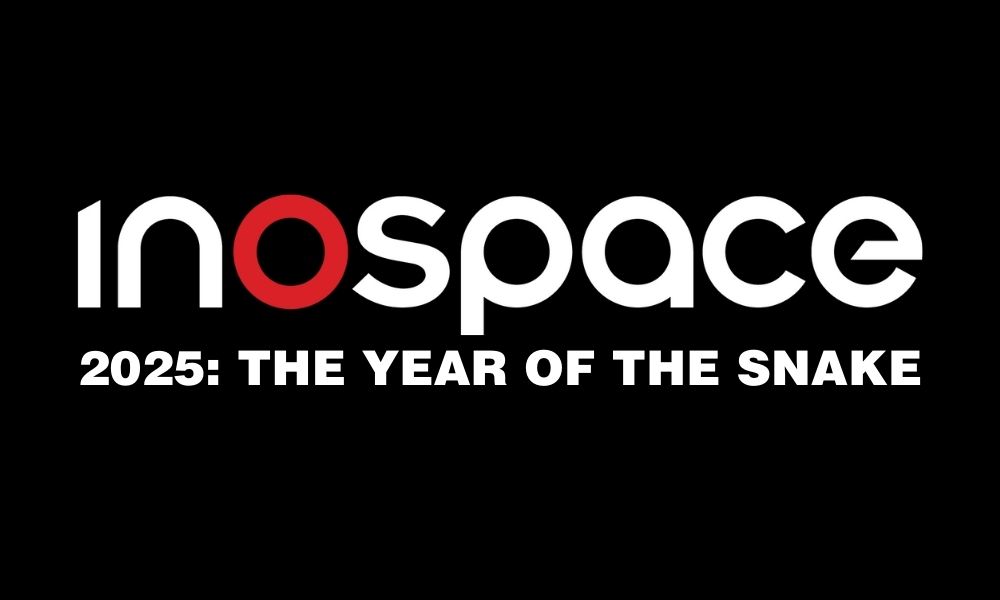Small industrialists will grow the economy if the red tape is removed
The growth of SMME industrialists is the answer to reversing years of de-industrialisation in South Africa but are at risk of strangulation by legislative and regulatory red tape.

The growth of small, medium and micro-enterprise (SMME) industrialists are the answer to reversing years of de-industrialisation in South Africa. Our42 Inospace industrial parks, filled with over 1200 SMME businesses and entrepreneurs, show clear signs of the green shoots of recovery. But these, and the enormous potential that is within them, are at risk of strangulation by legislative and regulatory red tape.
Light industrial for the win
While the Covid-19 pandemic affected smaller retailers, the light industrial sector has been more resilient. To illustrate, in the third quarter of 2021, we saw more SMME industrialists back to full operations and fewer companies reporting turnover slowdowns. In fact, as of August 2021,only half of the companies reported sales decline, down from two-thirds at previous quarter's end. The early signs of recovery are supported by the ramping up of the vaccine rollout, which has enabled a more significant section of the economy to reopen safely and has boosted a greater sense of certainty in the post-pandemic economy. Critically, it seems that sustainable employment opportunities for South African job-seekers now lie primarily in the sector of micro-enterprises. The labour-absorptive capacity of the small business sector is simply higher than that of other size classes and, with over 30 million of South Africa's population below the age of 30, job generation by SMMEs assumes a higher-than-ever level of importance. Over the years, said Finance Minister Enoch Godongwana in a September 2021 keynote address, "South Africa has made some progress towards attaining structural transformation in pursuit of faster, inclusive and sustainable growth. However…this progress has been discontinuous and uneven." South Africa has experienced significant de-industrialisation over the years. From a high of 22% of GDP in the late1980s to the early 1990s, manufacturing now contributes around 12% of GDP. In addition, the manufacturing sector's capital base has shrunk: from R677.7billion in 2008 to the current R545.9 billion in real terms." These numbers speak of the decimation of our industrial base," said Godongwana. "They also speak to significant job losses, widening income inequality and poverty. The decline in manufacturing has been matched by rapid and significant growth across a range of service sectors." As a result, industrial policy and the quest for industrialisation must return "to the centre of the development agenda."
Strangulation by red tape
But there's another problem: Because South Africa's labour and B-BEE legislation has been primarily promulgated with large corporate companies in mind, it has swept SMME and start-ups into a tangle of costly red tape. Smaller companies – which, unlike corporates, do not employ teams of people to report, track and manage a heavy compliance regime – simply cannot bear the bureaucratic burdens imposed by national and local government.
What is the answer?
Some regulation is certainly necessary, but government should examine its policy decisions and assess how compliance can be shed, specifically when it comes to non-essential procedures, forms, licenses, and regulations that add to the cost of dealing with government and municipalities.
We propose that small businesses and start-ups:
· With 1-10 full-time employees should not have to register with the Department of Labour.
· Should face relaxation of B-BBEE scrutiny for procurement and supply chain grading, enabling quicker access to the supply chains of corporate South Africa and the public sector.
· Should register with SARS but not be required to obtain trade licences.
· Should be cut loose from the Skills Development Levy.
· Should encounter "loosened reins" when it comes to industry compliance.
A principal challenge is to ensure that regulatory policies have the clear objective of not hindering small industrialists and that policy settings be adjusted to favour those who can play a critical role in job creation – because there is no question that SMME support is vital for the economy. In our business, we focus on helping SMMEs to "start pocket-size and grow rocket-size". Inospace uses a host of initiatives to support small industrialists, including providing access to smaller industrial spaces, value-adding facilities and SMME-orientated business services. In this way, we have entrenched the growing 'Space-as-a-Service' property model, characterised by offerings that enable tenants to leverage their space, from digital connectivity to appealing shared on-site services. Early in 2022, we will launch the Inocircle technology platform, intended to further assist small industrialists with a marketplace, finance solutions and entrepreneurial upliftment programmes. As Godongwana suggested in his keynote, the time has come" to intervene in the economy in a manner that does not hinder but enhances industrial growth and development".
More
Insights


